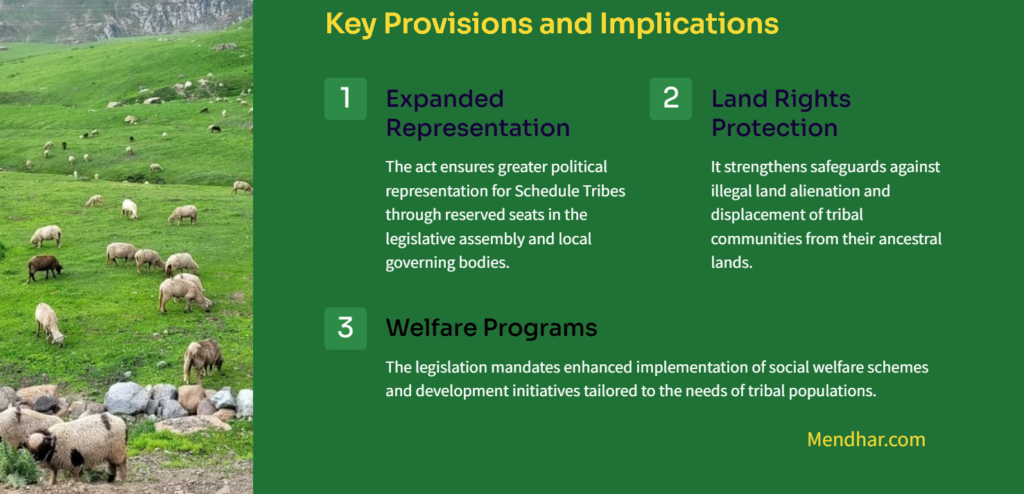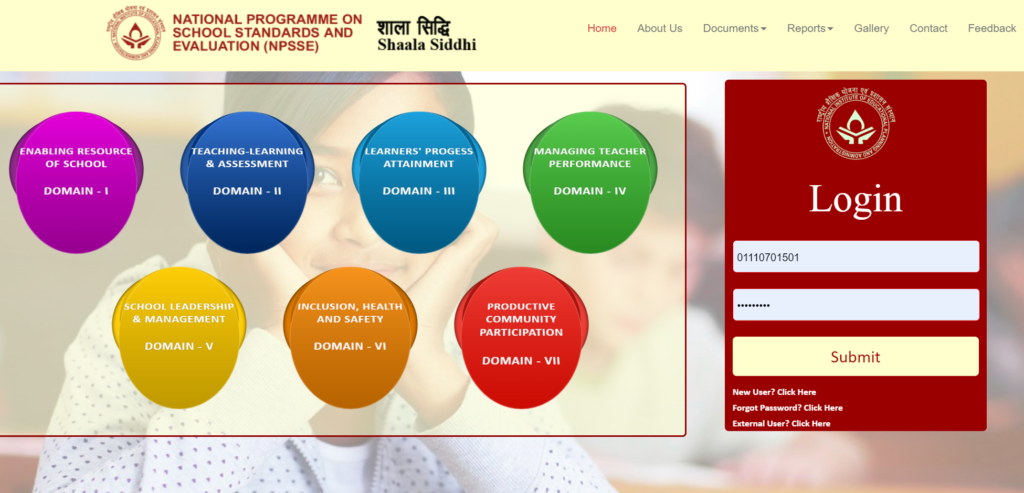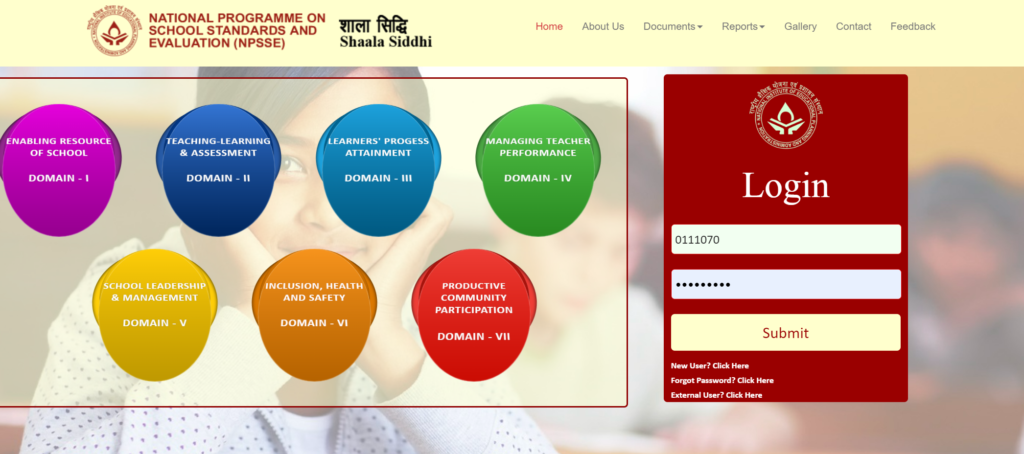High Court to Review Plea on Pahari Inclusion in ST Quota

In the heart of the picturesque landscapes of Jammu & Kashmir and Ladakh, a legal storm is brewing, one that challenges the very fabric of tribal identity and reservation policies. At the center of this storm is the Constitution (Jammu and Kashmir) Schedule Tribes Amendment Act, 2024, which extends 10% reservation to ‘Pahari speaking people’ and four other tribes.
Recently, the High Court of Jammu & Kashmir and Ladakh took a pivotal step by considering the maintainability of a petition challenging this controversial act. The bench of Chief Justice N Kotiswar Singh and Justice MA Chowdhary issued notices to all respondents and listed the matter for arguments on maintainability, marking May 24 as the day of reckoning for this legal saga.
The crux of the matter lies in the petition’s assertion that Parliament’s inclusion of the ‘Pahari Ethnic Group’, ‘Paddari Tribe’, ‘Kohli’, and ‘Gadda Brahmin’ communities in the list of Schedule Tribes (STs) for the Union Territory lacks reasonable justification or empirical data. The petitioners contend that the inclusion was solely based on linguistic grounds, devoid of any substantive evidence to support the tribes’ tribal characteristics or social and economic disparities.
One of the key objections raised in the plea is the provision of 10% reservation to STs already recognized in Jammu and Kashmir and an additional 10% separately to the four newly added tribes. This move, the petition argues, not only undermines the existing reservation framework but also dilutes the legal protection afforded to the existing 12 tribal groups under the SC/ST (Prevention of Atrocities) Act.
The plea articulates concerns that the inclusion of these communities in the ST list could potentially exacerbate social inequality and economic disparity, as none of them exhibit traditional tribal characteristics. Moreover, the loss of legal protection exposes members of the existing tribes to heightened vulnerability to injustices and discrimination, particularly in regions like Poonch and Rajouri.
However, the legal battle is far from straightforward. The Jammu & Kashmir administration, represented by Advocate General DC Raina and Additional Advocate General Amit Gupta, contends that the petition lacks locus standi, challenging the very right of the petitioners to bring forth such a case. Deputy Solicitor General of India Vishal Sharma, appearing for the Union of India, echoes this sentiment, emphasizing the need for a rigorous examination of the petition’s maintainability.

The High Court, acknowledging the gravity of the situation, ordered that the issue of maintainability and locus standi be deliberated upon during the next hearing, underscoring the complexity of the legal terrain upon which this battle unfolds.
In the courtroom arena, Senior Advocate PN Raina, alongside Advocates JA Hamal and Ankit Dogra, stands as the voice of the petitioners, passionately advocating for justice and equity. Their relentless pursuit of fairness and adherence to constitutional principles infuse the legal discourse with a sense of purpose and conviction.
As the legal fraternity braces for the upcoming hearing, the implications of this case reverberate beyond the confines of the courtroom. It calls into question not only the integrity of reservation policies but also the broader ideals of equality and justice enshrined in the Constitution.
At its core, this case epitomizes the delicate balance between safeguarding the rights of marginalized communities and upholding the principles of meritocracy and fairness. It challenges us to confront the nuances of identity, representation, and affirmative action in a rapidly evolving socio-political landscape
As the wheels of justice continue to turn, it is imperative that we remain vigilant and engaged, for the outcome of this case will shape the contours of tribal rights and reservation policies for generations to come. In the pursuit of a more equitable society, every voice must be heard, every perspective considered, and every decision made with wisdom and compassion.
In the serene valleys of Jammu & Kashmir and Ladakh, amidst the towering peaks and tranquil lakes, a battle rages on—one that transcends legalities and statutes, touching the very essence of our collective conscience. And as we stand at the precipice of change, let us reaffirm our commitment to justice, equality, and the inherent dignity of every individual, regardless of tribe, tongue, or creed.
The journey ahead may be arduous, but it is one paved with hope, resilience, and the unwavering belief that, in the end, truth and righteousness shall prevail.

Conclusion:
As the High Court of Jammu & Kashmir and Ladakh deliberates on the maintainability of the plea challenging the inclusion of Pahari-speaking people and other tribes in the Scheduled Tribes list, the stakes are high. This case is more than a legal dispute; it touches on the core issues of identity, fairness, and the integrity of reservation policies. The petitioners argue that the recent amendments lack a solid empirical basis and threaten to dilute protections for existing tribes, while the respondents challenge the petition’s legitimacy.
The court’s decision will have far-reaching implications, not only for the communities involved but also for the broader principles of justice and equality in India. As the judicial process unfolds, it serves as a reminder of the delicate balance required in policy-making—ensuring that the rights of marginalized groups are protected while upholding the principles of meritocracy and fairness.
In this pivotal moment, the outcome will shape the future of tribal rights and reservation policies, reflecting the nation’s commitment to justice and equity. Regardless of the verdict, the discourse sparked by this case underscores the need for ongoing vigilance and engagement in the pursuit of a more inclusive society.


